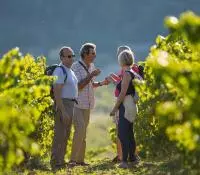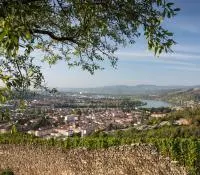4 pledges
Commitments and philosophy
The Côtes du Rhône are committed to 4 pledges: ensuring the transparency of practices, protecting biodiversity, respecting the terroirs and preserving resources, and passing on a legacy for future generations.

19 results


